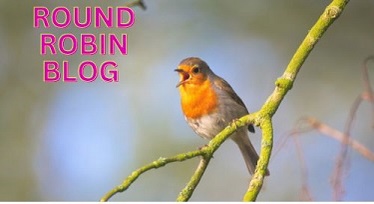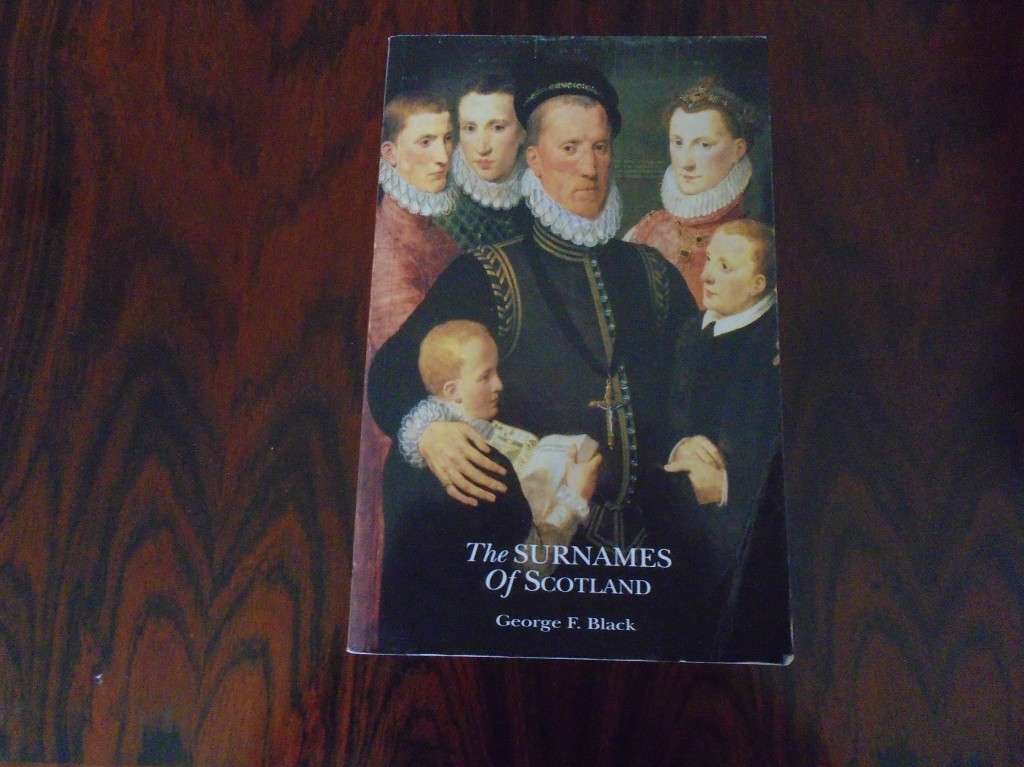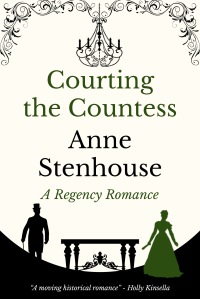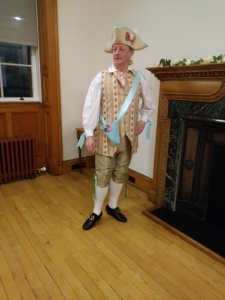
David, photograph above, is by no means the beginner in question – that would be me.
The regency novel often contains a ball scene and many of the people featured in Georgian and Regency novels spend a fair amount of their, admittedly plentiful, time learning to dance.
What Pride and Prejudice fan could fail to sympathise with Lizzie’s anguish when asked to dance by Mr Collins. If she accepts, she will face the mortification of having a partner who gets it all wrong. If she refuses, she can’t dance with anyone else that evening.
“Mr Collins…could not prevail with her to dance with him again, put it out of her power to dance with others.”
It was a big deal!
So, I took myself along to the French Institute on George IV Bridge where I spent six delightful evenings learning Mr Gow’s 2nd New Set of Quadrilles under the expert tuition of Talitha MacKenzie and in the company of some long-term devotees of historic dance.
Years and years of dancing Scottish Country Dances mean I struggled with the footwork but there are several great u-tube videos to help. I appreciated the ones from the Hampshire Regency Dancers.
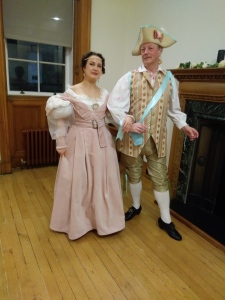
What Olga, seen ablove on David’s arm, and I agreed on, was that we couldn’t work out how anyone had the breath for all those conversations we see in TV adaptations.
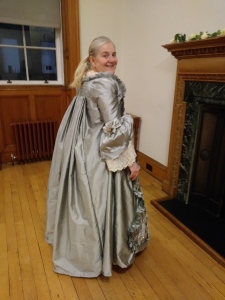
I hadn’t attended any of the Baroque classes but in a small company when the instructions were called, I think I managed. I did leave the party evening feeling that I could see the connections between the historic dances and the patterns of Scottish Country Dancing.
That understanding – what the patterns were and how they were danced – is going to help me understand how the characters in my novels achieved their romantic aims through dance. Maybe the carefully scripted lines beloved of historic drama ween’t a reality but the flirting through meaningful looks, squeezed hands, regretful backward glances… a term well spent.
There’s an upcoming evening at the French Institute on Parliament Square/George IV Bridge.
Baroque Dance Concert Saturday 13th April at 7pm.
Tickets on sale at https://sonas-multimedia-uk.myshopify.com
£15 / £10 (for EQS & IFE Members) + £1 booking fee
So, dear writers, what skills have you felt moved to improve or pick up in the cause of veracity?
Courting the Countess, set in Edinburgh 1819, is available on kindle or in a library. Mariah’s Marriage and Daisy’s Dilemma also from the library.
Anne

